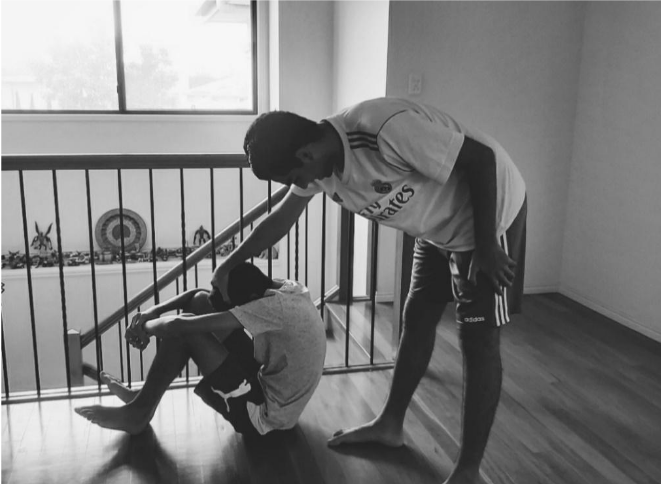Stop Family Violence
Photo: Vidita Sharma
Journalists are being urged to share confronting first-hand domestic violence stories from victims to prevent further offending, help their recovery and raise awareness of the deadly issue.
Domestic Violence Victoria communications director Louise Simms said it was important media reporting did not reinforce gender stereotypes, victim-blaming narratives or common myths that justify or excuse violence.
“Responsible reporting can reinforce the message that family violence and violence against women is not tolerated in our society and can help restore some of the power and control that survivors have had taken away from them through their experiences of violence,” Ms Simms said.
Ms Simms said sharing a victim’s story could play a valuable part of a survivors’ recovery.
“True stories can make a story more engaging for the audience, however there may not always be an available source to provide a comment or insight into their experience for every story,” she said.
OurWatch senior practice advisor Naomi Bailey said the media needs to work on ensuring the people who are reporting on violence against women are going back to gender equitable newsrooms where they're being respected for their stories on such issues.
“There are certain reasons women experience higher rates of violence and we want to provide a clear image about what's driving the violence,” Naomi Bailey, a spokeswoman for leading family violence organisation OurWatch, said.
She believes it is a different kind of structural barrier women experience when accessing services as well as the institutional bias that they might experience in their everyday lives.
Daily Telegraph journalist Carla Hildebrandt said speaking with victims could make a “tangible change” in society as it can be really powerful for someone else going through the same thing and help normalize reaching out for help.
“Survivors willing to share their stories should be given an opportunity to speak off record and ensure their safety by making them aware of the possible repercussions of the story,” Ms Hildebrandt said.
“A journalist should always be really informed of their situation because the last thing you want to do is make the situation worse for them.”
Ms Hildebrandt, who was nominated for a Walkley Award for a story on the issue when she was working for Mandurah Mail in Western Australia, thinks it is important for young journalists to gain the source’s trust as it is vital to weave a story together.
“It is a real blessing that we as journalists have the platform and responsibility to report and spread awareness about issues involving domestic violence victims and give a voice to the people who don’t have one,” Ms Hildebrandt said.
If you, a child, or another person is in immediate danger, call 000.
For sexual assault, domestic and family violence counselling service call 1800 RESPECT 1800 737 732 for 24/7 phone and online services.
